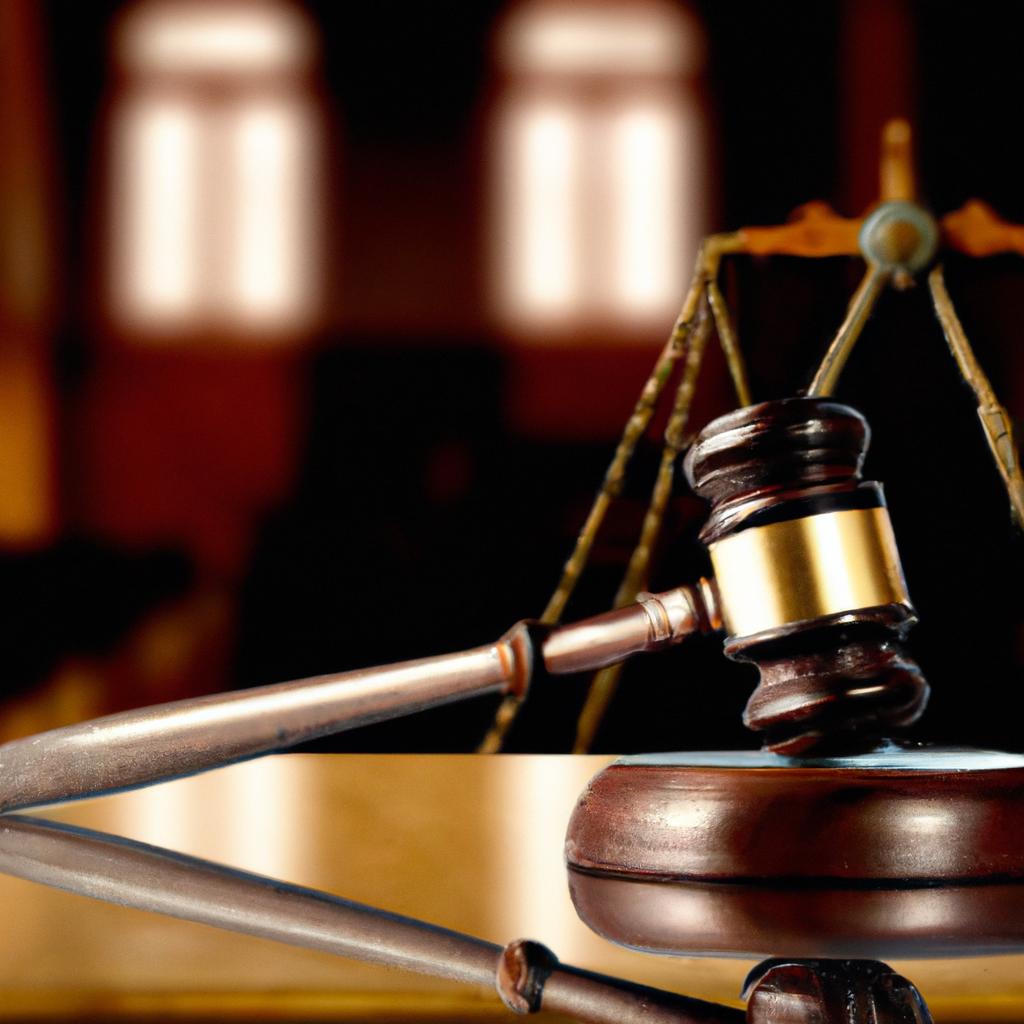As guardians of the sacred trust bestowed upon us by our clients, we, at Morgan Legal Group, understand the weight of the responsibility that comes with being a trustee. It is a role that requires utmost diligence, integrity, and expertise, as we navigate the complex realm of estate planning and trust management. In this article, we delve into the multifaceted duties and obligations that bind the hands of a trustee, exploring the legal intricacies that govern their actions and emphasizing the critical importance of upholding the trust reposed in them.
Understanding the Fiduciary Duty of a Trustee
As a trustee, you hold a significant responsibility in managing and administrating a trust on behalf of the beneficiaries. Understanding and fulfilling your fiduciary duty is crucial to ensure that the trust assets are protected and managed in the best interest of the beneficiaries. Your fiduciary duty requires you to act with honesty, loyalty, and in good faith at all times.
One of the key aspects of your fiduciary duty as a trustee is to always act in the best interest of the beneficiaries. This means that you must make decisions that are prudent and financially responsible, considering the long-term goals and well-being of the trust. Additionally, you must avoid conflicts of interest and disclose any potential conflicts to the beneficiaries. Communication with the beneficiaries is also essential, keeping them informed about the trust’s activities and decisions. Remember, as a trustee, you are legally obligated to uphold the highest standard of care and diligence in managing the trust.

Key Responsibilities and Obligations of a Trustee
Responsibilities and obligations of a trustee are vital in the administration of a trust. The trustee holds a fiduciary duty to act in the best interests of the beneficiaries and ensure that the trust’s assets are managed prudently and in accordance with the terms of the trust document. This role requires the trustee to exercise diligence, loyalty, and care in carrying out their duties.
As a trustee, it is imperative to maintain accurate records of all trust transactions, investments, and distributions. The trustee must also communicate regularly with the beneficiaries and provide them with necessary information regarding the trust’s administration. Additionally, the trustee is responsible for filing tax returns for the trust and adhering to all legal and regulatory requirements. Trustee duties may vary depending on the specific terms of the trust, but upholding integrity, transparency, and accountability is paramount in fulfilling these obligations.
| Responsibility | Obligation |
|---|---|
| Asset Management | Prudent Investment |
| Record Keeping | Accurate documentation |
| Communication | Regular updates to beneficiaries |

Navigating Legal and Ethical Challenges as a Trustee
As a trustee, it is essential to understand the weight of the responsibilities that come with managing a trust. One of the key legal obligations is to act in the best interests of the beneficiaries at all times. This means making decisions that prioritize the welfare and financial security of those who will benefit from the trust.
Additionally, trustees must navigate potential ethical challenges with integrity and transparency. It is important to maintain clear communication with beneficiaries and other stakeholders, providing regular updates on the trust’s assets and performance. Upholding ethical standards helps build trust and credibility, safeguarding the trustee’s reputation and the overall integrity of the trust.

Best Practices for Fulfilling the Role of Trustee
As a trustee, you hold a position of great responsibility and trust. It is essential to understand and follow best practices to fulfill your duties effectively. Here are some key guidelines to keep in mind:
- Communicate transparently: Keep beneficiaries informed about the trust’s activities, decisions, and any changes that may affect them.
- Act in the best interest of beneficiaries: Always prioritize the interests of beneficiaries over your own, making decisions that will benefit them in the long run.
- Keep thorough records: Document all trust-related transactions, communications, and decisions to maintain transparency and accountability.
| Practice | Importance |
|---|---|
| Communication | Builds trust and fosters transparency |
| Beneficiary interests | Ensures proper management of trust assets |
| Record keeping | Provides documentation for accountability |
By following these best practices and staying true to your fiduciary duties, you can effectively fulfill the role of a trustee and ensure the trust’s assets are managed responsibly and in the best interest of beneficiaries. Remember, seeking guidance from experienced legal professionals, such as the experts at Morgan Legal Group in New York City, can help you navigate complex trust administration processes with confidence.
Q&A
Q: What is the role of a trustee?
A: A trustee is responsible for managing trust assets and ensuring they are used for the benefit of beneficiaries.
Q: What are the key responsibilities of a trustee?
A: Some key responsibilities of a trustee include acting in the best interests of beneficiaries, managing trust assets prudently, and keeping accurate records.
Q: How does a trustee ensure they are fulfilling their responsibilities?
A: Trustees can fulfill their responsibilities by following the terms of the trust, seeking advice from professionals when needed, and communicating regularly with beneficiaries.
Q: What are the consequences of a trustee failing to fulfill their responsibilities?
A: If a trustee fails to fulfill their responsibilities, they may face legal consequences, such as being removed from their role or facing legal action from beneficiaries.
Q: How can beneficiaries hold a trustee accountable for their actions?
A: Beneficiaries can hold a trustee accountable by reviewing trust documents, requesting regular reports on trust activities, and seeking legal counsel if necessary.
In Conclusion
As we come to the end of this exploration on the responsibility of a trustee, it is important to remember the weight of this role. Trustees are entrusted with the task of managing assets, making decisions, and acting in the best interest of the beneficiaries. It is a role that requires integrity, diligence, and a deep sense of responsibility. By understanding the duties and requirements of a trustee, we can ensure that trust is upheld and the interests of all parties involved are protected. Let us carry out our duties as trustees with care and thoughtfulness, knowing that we hold a position of great importance and trust.

